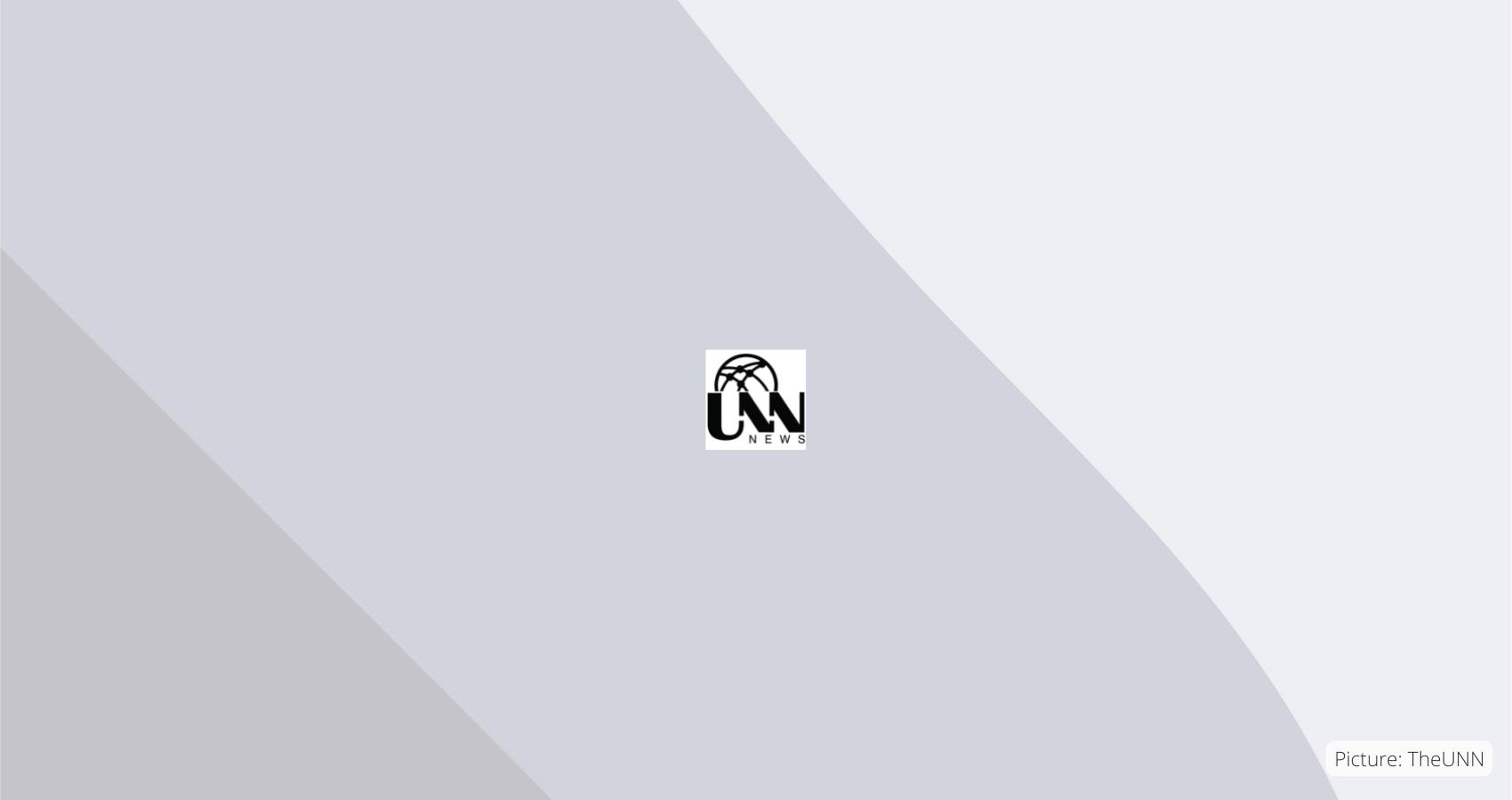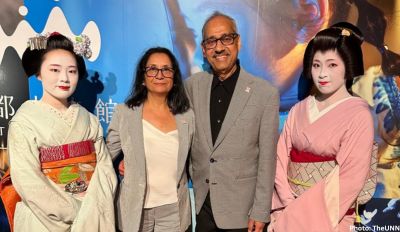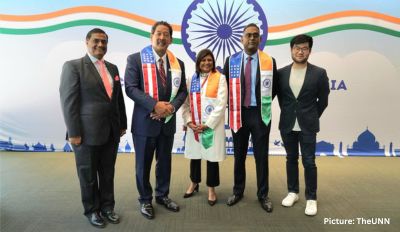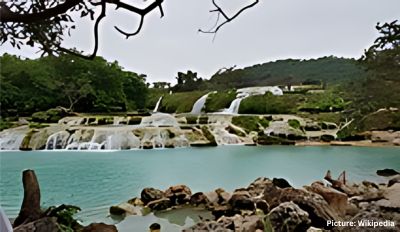Set in between Bangalore, Karnataka, India, Larkana, the Sindh, Pakistan, and Chongqing, the People’s Republic of China!
I hope you enjoy the story, and my apologies for the web inconveniences once more. If you are having any issue accessing your content, do let me know. I’m here to serve!
As for this story, it’s an extremely experimental one, deeply inspired by the fact that I am living in a relatively prosperous version of India, all the while in the northeast China is dealing with crippling drought and in the northwest Pakistan is submerged by flood. One cannot help but think of the climate disaster that we are witnessing all across the globe. I’m also wondering how many months or years I have until India too is affected.
There is a version of Mother, right now, sitting in front of the television, lazing idly in a suburb of Bangalore. The suburb in question is Indira Nagar, an upper middle class area. The roads look like they have been pounded by foot traffic and rain and overall negligence into a hodgepodge of shapes. The main roads outside of the suburb are clogged with cars, buses, and auto-rickshaws. Otherwise the lanes are long and leafy, the temperature is cool and agreeable, the area around the temple is clean and trash-less, and the gate into the suburb is green and purple, decorated with the murthis of Ganesha and Shiva and Kali and Saraswathi and Vishnu, each one painted to perfection.
All of this is outside of Mother’s two storey bungalow. The entire bungalow is just for herself and her family. She leaves her house only when she has to meet relatives or go the temple. Ninety percent of the time Mother sits inside her home and minds her business.
This is a version of Mother who lives a good life. This is a version of Mother who has lived well, seen nothing but economic growth and prosperity for her and her family, and wishes for nothing to change.
On the television are the floods.
On the other side of that camera is another version of Mother, who has lived very differently. In some ways this version and that version are similar. They have similar racial features, a similar tint of skin, and a similar well-offed-ness to them. To be wealthy in Pakistan and to be wealthy in India; both offer a lot of privileges that show in the fairness of the complexion, the lack of dust or wrinkles in the clothing, and a relative lack of awareness of the outside world.
That is, until what would normally be deemed a problem of the outside world, or a problem befitting of the lower classes, or a problem that need not be a concern for the privileged — until one of these said such problems becomes a problem, and then this version of Mother has to pay attention, because then it is very much her problem.
Larkana, the gateway of the Indus Valley, is almost completely submerged.
There was a version of Mother who lived so well in Larkana. She had a full wing of an apartment complex to herself, with each room decorated with lavish designs and furniture imported from various corners of the world. Flooding came into the Sindh here or there each and every year, and with this apartment being on the second floor of a complex overlooking the river, she was used to the water getting into the staircases, or making it difficult to get out during monsoon.
But this was not just monsoon. This was a flood of scale that Pakistan had never witnessed before.
With half of the building underwater as it was now, Mother and the other tenants only had the stairs between the upper floor and rooftop. They had brought whatever food or beddings they could have managed, they perched wherever they could, all the while trying to live life well, still, somehow, through their gossip, or their complaining, or the time shared through prayer, during namaz. In the meantime the rainwaters soaked all the roads of their city, inundating not only their little world, but everything around.
This was a version of Mother who only a few weeks ago was comfortably middle class. This was a version of Mother who once had everything going for her. This was a version of Mother who now had a home underwater, a husband stuck at the hospital, and relatives in other parts of the Sindh, their livelihoods completely upended by a flood of catastrophic proportions.
Time is passing, time is slipping, time is morphing the earth into something else, and nothing of what life was once like seems to be returning.
Except for on the television, where ten minutes pass, and another news clip is shown. It is the Yangtze River, completely parched.
This is where another version of Mother lives. This is near the outskirts of Chongqing, the base of the Three Rivers Gorge. If this were Guangzhou or Shenzhen, the news of another wave of lockdowns would have been the source of this Mother’s crippled morale. But at least when one was stuck at home one had access to food, so long as they weren’t relying on the government for their rations, so long as one was prepared.
But this is Chongqing and not Shenzhen, and outside of Mother’s apartment complex, there are people all around, outside, taking their children to school, going to work, living their lives, all the while the source of their sustenance has completely dried.
Mother is out on her walk. It had been so hot, and yet now it is cloudy. The temperature is moderate again. The weather report earlier today claimed that despite the month of heat the city was soon going to be witnessing torrential rains. The irony is in the back of Mother’s mind, but now that the temperature is in the mid twenties, Mother is pleased to be able to go out and exercise, without the fear of getting sunburned or darkened.
These walks, these evenings in the park practicing tai chi with the other neighbourhood girls; these are the little things which made life normal, despite the very obvious signs that life is changing all around.
On the riverside is a long winding road, with trees and a bike path and exercise equipment and a playground. It used to be so refreshing to see the Yangtze splash to itself on the side, the wide and gushing torrents of the river burping contentedly to itself.
Today the river is just empty silt, with little puddles of water in the process of drying out.
A tourist spot has come to be born out of the silt. Mother sees other Chinese people taking pictures with a set of three carvings that have been unearthed out of the river. An excavation has not unearthed them, but the actual drying up of the river. Remnants of a culture from six hundred years ago has returned to being a present part of their megalopolis.
Mother does not take a picture. Mother instead stares. She stares at the Buddha but also at the other side of the Buddha, something outside of its physical form. There were once many buildings, monuments, and religious objects that were concealed by the waters, made into dust by the deserts. Where there was dust could be river. And where there was once river could be dust. Humans inhabit desert, humans inhabit the riverside, humans inhabit the mountain, humans inhabit anywhere. But it takes time, decades, centuries, arguably millennia.
With the pace at which the land was changing, it would be impossible for humans to adapt to anything. By the time that they could consider relating to this river as it were desert, or this desert as it became river, the land would change again, and humans would have to spend days to months to years not understanding its form.
It is not just this version of Mother that is realising this. There is this version of Mother and that version and countless others, infinite as the shapes of the humans, or the shapes of the animals, or the shapes of the rocks, realising that life is no longer as it used to be.
There was a somewhere that they chose to inhabit. There was a somewhere that they chose with their husband, believing deeply that despite the problems in their village that this new home would be the place for their family to thrive. They chose that somewhere in the full belief that all that this would be the anointed place from which they would find that success, that happiness that contentment.
But at that moment that somewhere is becoming a nowhere. That somewhere was subject to change, subject to patterns of response to outside stimuli completely outside of their control.
Life was in flux, nature was in flux, and therefore that somewhere to reside, that somewhere to call home; such a place had become undependable once more.
Chongqing, Larkana, and Bangalore. To connect the lines of their three dots would create a triangle. At those three points there were these three versions of Mother, each of which had built an idea of life on the assumption that their comfort, their style of living, and their containment would be assured.All three versions of Mother live in this moment of time, but there will come a time at which none of them will exist. Such a time would come for all humans, all animals, all existences, even the very layers of the earth itself.
All life crumbles. All matter decays. All existence perishes. That is the one truth that unites the nature of the universe.
In between the point of beginning and the point of the end are an infinitude of others. Something passes on, but nothing is known and nothing is guaranteed between them.
There are multiple versions of Mother, but Mother no matter her background knows this and only this. She will not survive for long, whether it is because of the floods or the droughts or her ageing health.
But she is bound to this universe because she has been given love, and she has love to share.
And so Mother takes a second to make a promise to herself. The next time her son calls she will take the time to tell him that she loves him. She will do so not wishing for control over his life, not even wishing to talk much to him at all, but to pass on the only thing that remains eternal, despite all which is guaranteed to end, in front of her or not.
(Girar is a reader-supported publication. To receive new posts and support my work, consider becoming a free or paid subscriber.)










